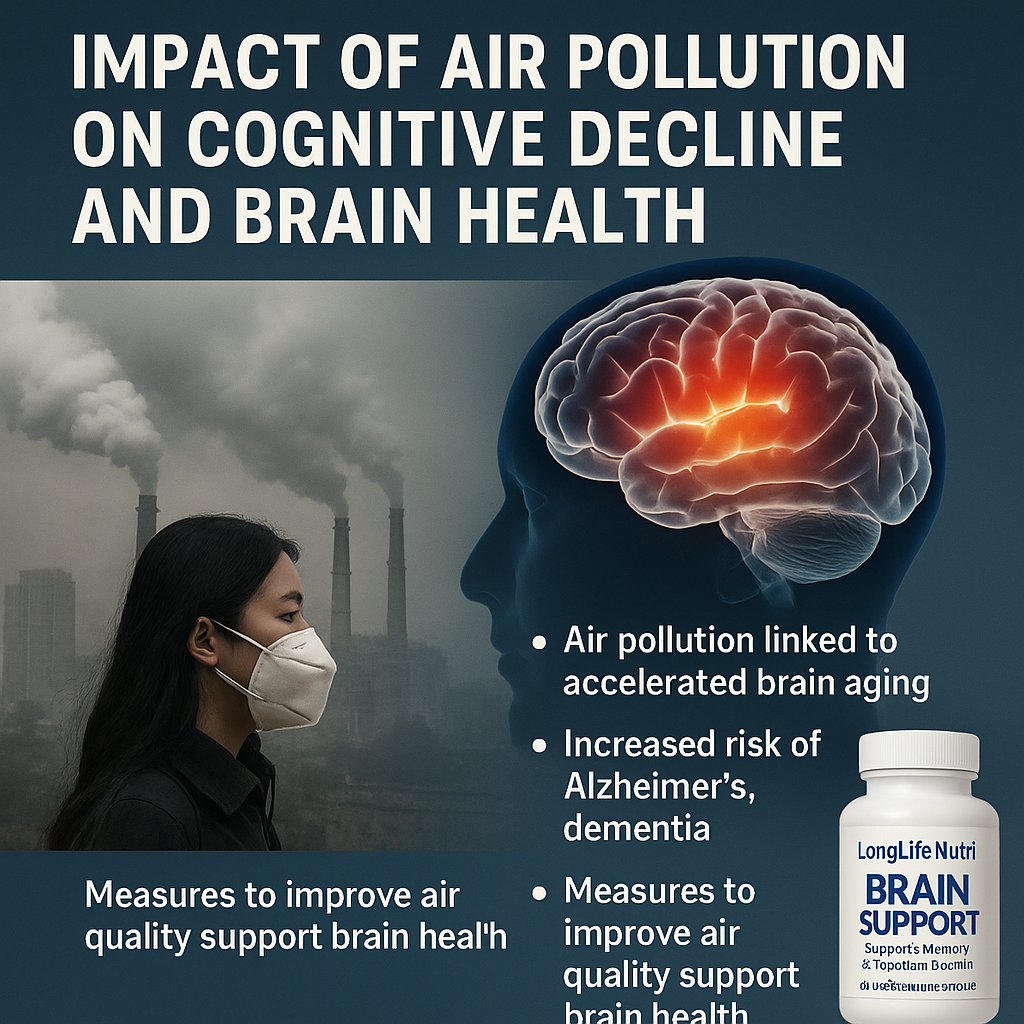News — memory loss
Is Bacopa Monnieri the Key to Reversing Age-Related Memory Loss?
age-related memory decline memory loss
As we age, subtle changes in memory and cognitive sharpness are often considered inevitable. Forgetting names, misplacing items, or struggling to recall facts can feel like just another part of getting older. But what if nature offered a solution to help restore and protect memory function? Enter Bacopa Monnieri, a revered herb in Ayurvedic medicine now capturing the attention of neuroscientists and clinical researchers worldwide.
Used for centuries to promote longevity, learning, and mental clarity, Bacopa Monnieri has recently undergone rigorous clinical scrutiny. Its bioactive compounds, known as bacosides, appear to influence brain function by enhancing synaptic communication, protecting neurons, and promoting new nerve growth. With age-related memory loss becoming increasingly common, the question arises: could Bacopa Monnieri be the natural key to slowing, halting—or even reversing—cognitive decline? Let’s explore the evidence.
Air Pollution and Cognitive Decline: Protecting Brain Health from Environmental Damage
air pollution air quality Alzheimer's disease brain health brain supplements children's brain development clean air cognitive decline dementia risk environmental toxins inflammation memory loss mental health neurodegeneration neurotoxicity oxidative stress PM2.5 pollution and IQ public health urban pollution
We often think of air pollution in terms of respiratory issues and environmental damage, but emerging research is painting a much more alarming picture. Our brains—once thought to be insulated from airborne toxins—are now recognized as vulnerable targets of chronic exposure to polluted air. The fine particulate matter that clogs our skies may also be silently eroding cognitive function and accelerating the onset of neurodegenerative diseases.
This growing body of evidence is a wake-up call: the impact of air pollution on brain health is real, measurable, and deeply concerning. From subtle declines in memory to heightened risks for Alzheimer’s and Parkinson’s, long-term exposure to polluted air is now considered a major, modifiable risk factor for cognitive decline. As we examine the science behind this invisible threat, one thing becomes clear—we need to start treating air quality not just as an environmental issue, but as a critical public health priority.
Dementia: Everything You Need to Know
caregiver support cognitive decline dementia dementia treatment dementia types early detection lifestyle modifications memory loss mental health neurodegeneration neurological disorders research dementia supportive care
Dementia is a complex neurological condition affecting millions worldwide. This guide provides a comprehensive overview of dementia, its types, causes, symptoms, treatment options, and lifestyle modifications.
Whether you're seeking basic information or detailed insights, our supportive and research-backed article is here to help you understand dementia and improve quality of life for both patients and caregivers.
The Mind's Defense Mechanism: Dissociative Amnesia and Trauma
amnesia treatment cognitive therapy coping with trauma defense mechanisms dissociation dissociative amnesia emotional healing memory loss mental health psychological resilience PTSD stress and memory trauma and memory trauma impacts trauma-focused therapy
The human mind possesses remarkable ways of protecting itself from distress, and dissociative amnesia is one such defense mechanism. When faced with severe trauma, the brain can temporarily shield an individual from overwhelming memories by making them inaccessible. Dissociative amnesia is a condition where a person loses memory of specific events, typically traumatic or stressful, as a way to cope with the emotional toll.
This condition is not merely about forgetting but represents a profound, unconscious effort to block out painful experiences. While it serves as a protective barrier in the short term, dissociative amnesia can lead to long-term challenges, including fragmented memories and emotional distress. Understanding this mechanism sheds light on how trauma impacts the mind and offers pathways to healing and recovery.



